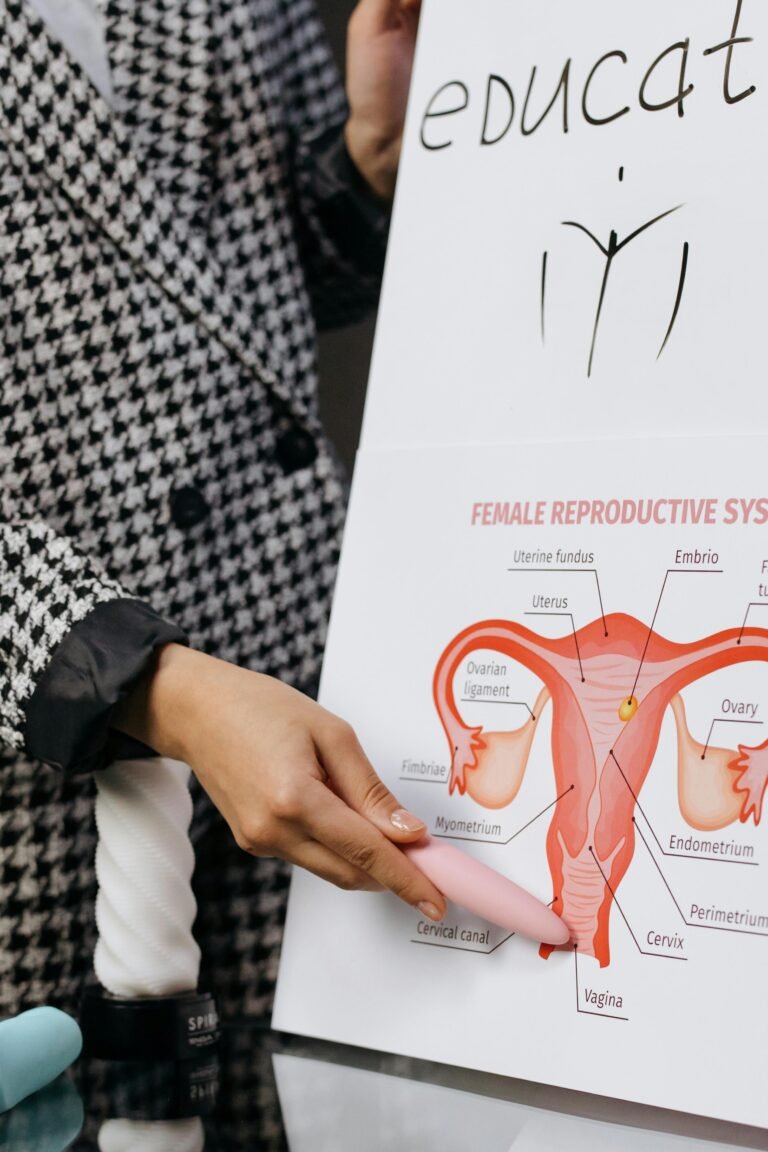Follow us and share.
Healthy Pregnancy and Prenatal Care: Essential Keys to a Safe and Successful Pregnancy
Learn how to achieve a healthy pregnancy through frequent prenatal checkups, a balanced diet, safe exercise, and how to recognize the warning signs to prevent complications.

What is a Healthy Pregnancy?
A healthy pregnancy encompasses much more than the absence of illness or complications; it involves rigorous monitoring with specialized medical care, maintaining healthy lifestyle habits, and being aware of the physical and emotional changes that may occur during pregnancy. This comprehensive approach ensures the optimal development and well-being of the baby and the maintenance of maternal health throughout the nine months of pregnancy.
In this article, we delve into crucial aspects of prenatal care, provide detailed recommendations on nutrition and safe exercise during pregnancy, and review important warning signs that require immediate medical attention.
Importance of Regular Prenatal Visits
Prenatal care is vital for the health and safety of both mother and baby. Regular medical visits allow the specialist to closely monitor the progress of the pregnancy, adequately assess fetal development, and prevent possible risks or complications that could affect the normal course of the pregnancy.
📌 Additional benefits of prenatal visits:
- Identification and timely management of complications such as gestational hypertension, gestational diabetes, urinary tract infections, and fetal growth problems.
- Specific diagnostic tests and studies that help prevent and treat medical conditions in their early stages.
- Personalized counseling on nutrition, exercise, mental health, and childbirth and postpartum preparation.
📌 Recommended detailed schedule of prenatal check-ups:
- First trimester: Confirmation of pregnancy, initial ultrasound, blood tests, and monthly follow-up.
- Second quarter: Monthly evaluation, detailed ultrasounds to detect fetal abnormalities, and additional testing to assess potential risks.
- Third trimester: Visits every two weeks until week 36 and then weekly check-ups to monitor fetal well-being and preparation for delivery.
Diet, Supplements, and Physical Activity During Pregnancy
A balanced diet, adequate supplementation, and regular physical activity play a critical role in maternal and fetal health, reducing the risk of complications and promoting overall well-being during pregnancy.
📌 Extended nutrition advice:
- Increase your intake of lean protein, whole grains, and fresh fruits and vegetables.
- Avoid eating raw or undercooked foods that could be a source of dangerous bacteria such as listeria or salmonella.
- Eat iron-rich foods to prevent anemia, such as lean red meats, legumes, and spinach.
- Ensure constant hydration, especially during hot weather or during physical activity.
📌 Essential supplements and their importance:
- Folic acid: Crucial to preventing neural tube defects, it should be taken from pregnancy planning through at least the first trimester.
- Iron: Necessary to increase maternal blood volume and promote healthy development of the baby.
- Calcium and vitamin D: Essential for the baby's bone formation and the prevention of osteoporosis in the mother.
📌 Expanded physical activity recommendations:
- Incorporate moderate routines such as daily walking, prenatal yoga, or aquatic exercises to reduce stress and improve circulation.
- Avoid exercises that involve risks of falling, abdominal trauma, or excessive overheating.
- Always obtain medical approval before starting any exercise program during pregnancy.
WHO – Nutrition during pregnancy
Warning Signs During Pregnancy
It's essential to recognize the warning signs that could indicate complications during pregnancy. Early detection and immediate medical attention for these symptoms is crucial to avoid major problems.
📌 Critical symptoms requiring urgent attention:
- Vaginal bleeding of any amount or loss of amniotic fluid.
- Regular painful contractions before week 37.
- Severe abdominal pain, especially if accompanied by fever or vomiting.
- Severe headaches, altered vision, sudden swelling in the face, hands or feet, which may suggest preeclampsia.
- High fever, persistent chills, or symptoms consistent with serious infections.
- Noticeable reduction in fetal movements, especially in the third trimester.
March of Dimes – Pregnancy Warning Signs
Conclusion
By following medical recommendations, maintaining proper nutrition, and being alert to changes in your body, it is possible to achieve a healthy and safe pregnancy. Routine prenatal care allows for early detection of any changes and ensures both maternal well-being and proper fetal development.
🌟 Final advice: Don't hesitate to consult a specialist immediately if you have any unusual symptoms or concerns. Your health and that of your baby are our top priority.


